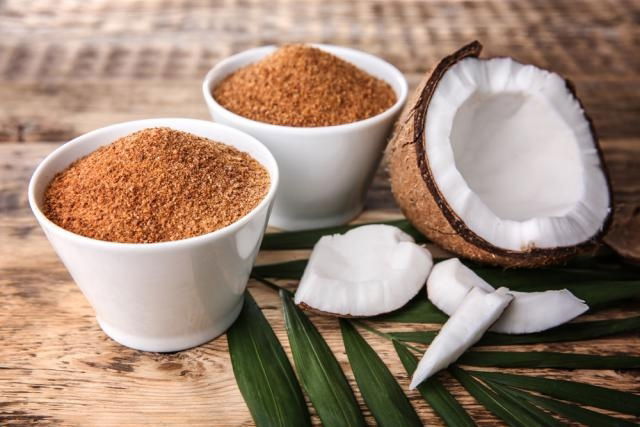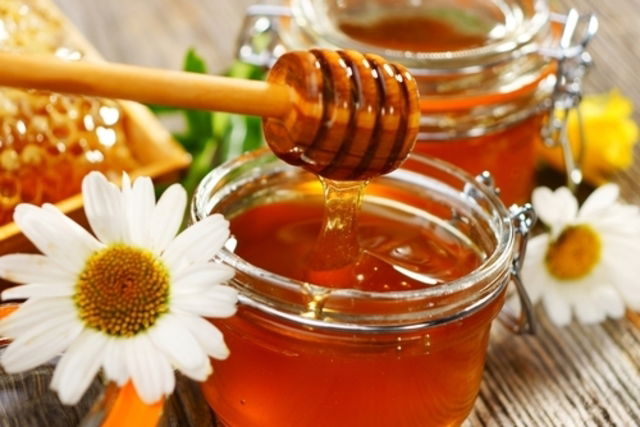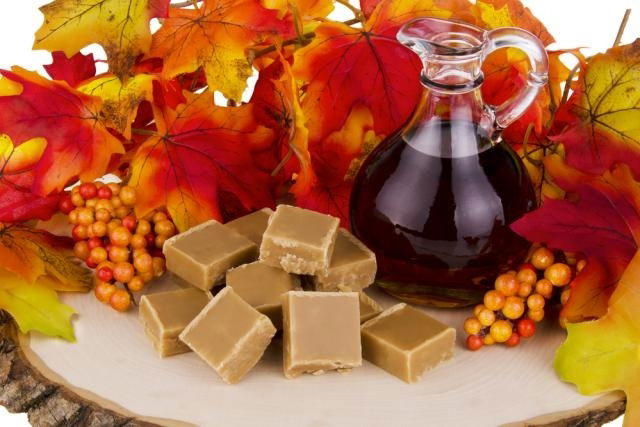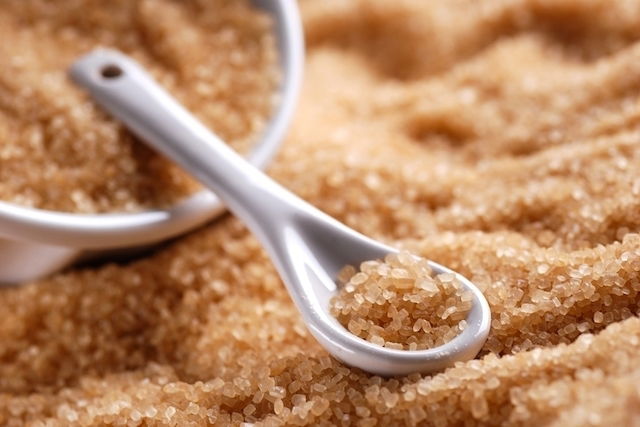Natural sweeteners, like honey, coconut sugar, stevia or xylitol and great alternatives to substitute sugar. They can contribute to weight loss and improve overall health by preventing and managing conditions like diabetes, high cholesterol and obesity.
It is important to use excess amounts of sugar as it can lead to weight gain and stimulates fat production. This can increase your risk for cavities, cardiac disease, and fatty liver.
Natural sweeteners should be used as part of a healthy, balanced diet that include fresh fruit and vegetables, whole grains and lean protein to ensure their benefits are obtained.

The most common natural sweeteners that you can use to substitute sugar include:
1. Honey

Honey from honeybees is a natural sweetener that is rich in nutrients like potassium, magnesium, iron and calcium. It can offer health benefits like strengthening the immune system, providing antioxidant action, improving digestion and keeping intestinal flora healthy. Learn more about the other health benefits of honey and how to consume it.
Honey also has a low glycemic index, and therefore small amounts will not stimulate fat production like sugar does. Each tablespoon of honey contains 46 calories.
2. Stevia
Stevia is a natural sweetener that is made from the Stevia Rebaudiana Bertoni and can be found in supermarkets and natural health stores in powder form or drops. It can sweetener up to 300 times more than common sugar, and has little amounts of calories.
Stevia can be used in both hot and cold recipes, as it is stable at high temperatures and is easy to add to cakes, cookies or baked desserts.
3. Coconut sugar

Coconut sugar has a low glycemic index, which means it does not cause significant blood sugar spikes nor does it stimulate fat production.
Coconut sugar is rich in nutrients like iron, calcium, zinc and potassium. It does contain a high level of fructose, however, and should be used in moderation. Excess use can lead to fatty liver and weight gain. A teaspoon of coconut sugar contains 20 calories.
4. Xylitol
Xylitol is a type of alcohol sugar, like erithritol, maltitol and sorbitol. All of these substances and natural and extracted from fruit, vegetables, mushrooms or seaweed. Because they contain a low glycemic index, xylitol is the most healthy option and is able to sweeten in a similar capacity as sugar.
Another advantage of xylitol is that is does not harm your teeth. It contains just 8 calories per teaspoon and can easily be swapped into recipes with sugar.
5. Maple syrup

Maple syrup is produced from the Canadian maple tree, and can offer many diverse health benefits. It has a high concentration of antioxidants and contains nutrients like calcium, potassium and zinc.
Maple syrup can be used in recipes that are heated up, although it does contain the same calories as sugar and should therefore be used in small amounts.
6. Thaumatin
Thaumatin is a natural sweetener made up of two proteins that can sweeten food two to three thousand more than common sugar. Because it is made up of protein, it does not increase blood sugar and therefore does not stimulate fat production, making it a great option for weight loss and diabetes management.
Thaumatin contains the same amount of calories as sugar, but because it is much sweeter than sugar, it should be used in small quantities.
7. Unsweetened fruit jelly
Adding unsweetened fruit jellies (made of 100% fruit) are another great way to sweeten recipes like yogurt, smoothies and doughs for cakes, pies and cookies.
In this case, the natural sugar in the fruit is concentrated into a jelly, which can increase its sweetening potential as well as alter the recipe taste. To be sure the jelly is made of 100% fruit and no sugar, you should read the food label carefully.
8. Muscovado sugar

Muscovado sugar is made from cane sugar, but it does not undergo the same refinement process as white sugar. This allows for its nutrients (like calcium, magnesium, potassium and phosphorus) to be maintained in the end product.
It is important to remember, however, that although it contains more nutrients, it also has the same amount of calories as white sugar. Therefore, it should not be consumed frequently by diabetics.
9. Sugarcane molasses
Sugarcane molasses is a syrup that is made by evaporating cane broth or from brown sugar production. It is dark and has a potent sweet taste. Because is not refined, it is rich in the same minerals as muscovado sugar and therefore contains calcium, magnesium, potasium and phosphorus.
Sugarcane molasses should be consumed in small quantities due to its high calorie content, and should be avoided by diabetics and people with kidney disease.
10. Erythritol
Erythritol is a natural sweetener that is comes from the same source as xylitol, but contains just 0.2 calories per grams, making it almost calroie.free. It has about 70% of the ability to sweeten like sugar, and can be used by diabetics and by those looking to lose weight.
In addition, erythritol does not cause cavities and can be purchased in powder form at natural health stores.
